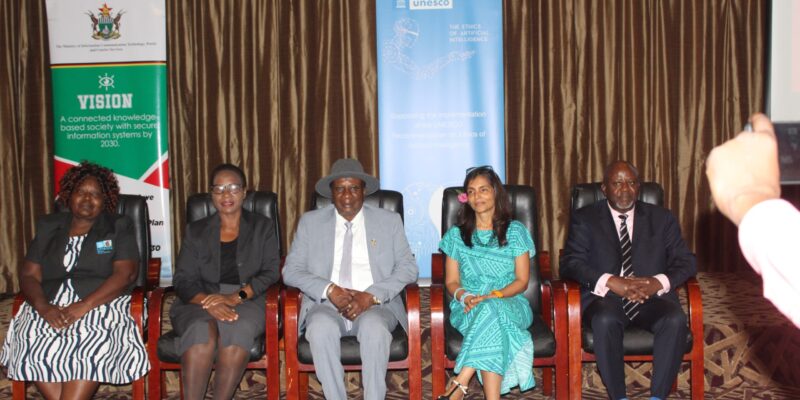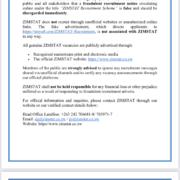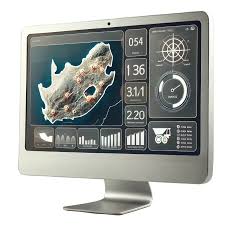UNESCO has stirred up progress towards the adoption of responsible AI development with the launch of the AI Ethics RAM (Readiness Assessment Methodology) Report.
In partnership with the government of Zimbabwe via the Ministry of ICT Postal and courier services, the report provides a structured approach to ensuring AI systems align with ethical standards, safeguard human rights, and contribute to sustainable development.
Speaking at the launch event yesterday in Harare, Ms. Nisha, Regional Director and UNESCO Representative for Southern Africa, highlighted the growing need for fairness, transparency, and accountability in AI systems. She emphasized that AI governance must address potential risks such as discrimination, bias, and data privacy while promoting inclusivity.
By Ruvarashe Gora
“AI is reshaping societies, and it is our collective responsibility to ensure it does so ethically,” said Ms. Nisha. “Zimbabwe’s commitment to ethical AI development is commendable, and UNESCO is proud to support this journey.”
The AI Ethics RAM Report lays out seven key principles, including the need for regulatory frameworks, continuous monitoring, and international cooperation. UNESCO’s role in this initiative aligns with its broader mission to create global AI standards that prevent misuse, promote fairness, and ensure developing nations are not left behind.
Ms. Nisha said, “UNESCO’s efforts are guided by the principle of human rights, ethical, values and international law, aiming to create a responsible and inclusive AI landscape”.
Zimbabwe’s adoption of the AI Ethics RAM framework marks a crucial step toward integrating responsible AI into governance, business, and public services. As the country strengthens its AI policies with UNESCO’s support, it sets a precedent for ethical AI adoption in Africa, balancing technological advancement with societal well-being.













Comments